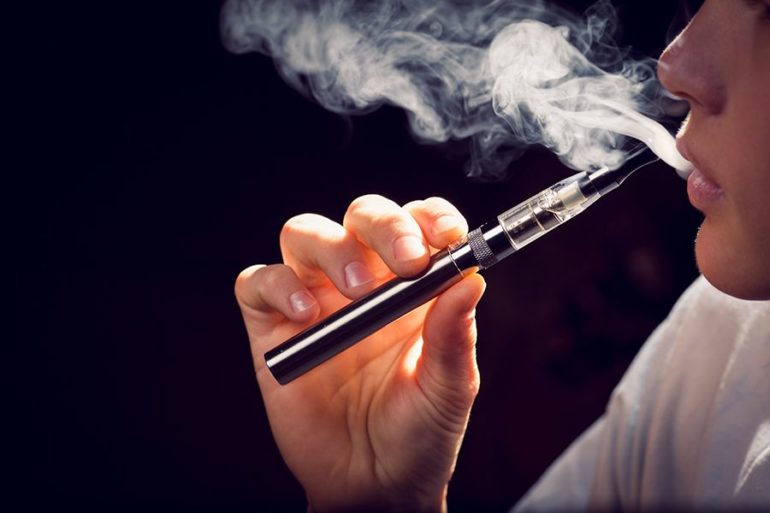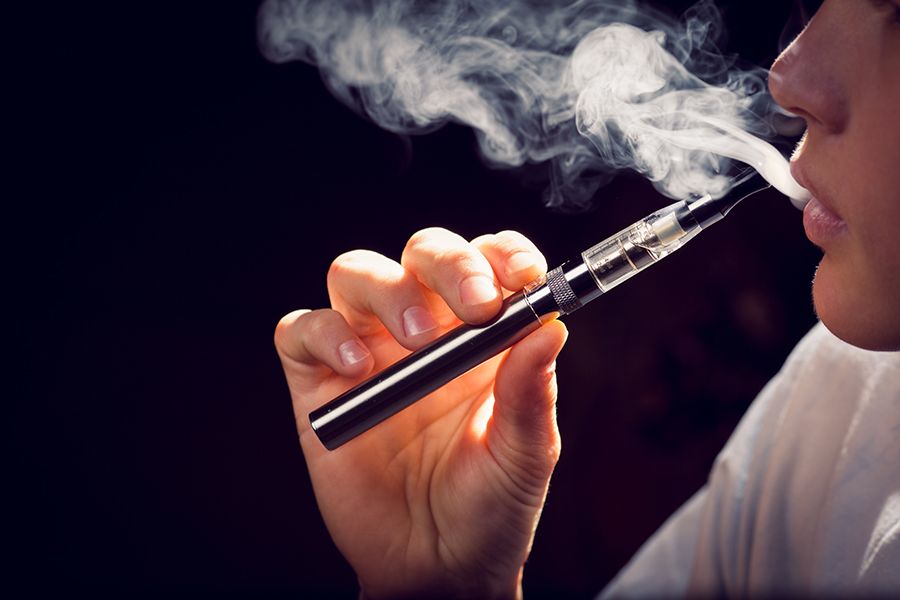
Sydnee Walcott
It was suppose to be a healthy alternative to smoking cigarettes, but now there are growing concerns of links to vaping and respiratory illness.
Ontario may soon become the third province in Canada to ban flavoured vaping products after Nova Scotia, and Prince Edward Island (P.E.I).
This comes after a ban on advertising vaping products that came into effect at the beginning of the year.
Restrictions on the sale of flavoured vaping products from convenience stores and gas stations are ways the Ontario government is looking at to help combat young people using e-cigarettes.
The ban won’t affect adult-only vape shops, which require customers to have proof of age in order to make a purchase and only sell vaping-products. These stores will still be able to continue selling a variety of flavoured vaping products with high nicotine levels.
According to a statement from a Ministry of Health spokesperson, “for the past several months Minister Elliott has been engaging with a number of stakeholders, including experts, clinicians and youth to identify the most appropriate policies to protect children and youth from the dangers of vaping.While the government is in the midst of finalizing these new policies the province will take a balanced approach that keeps Ontario’s children and youth safe.”
The new changes could affect big-name e-cigarette companies such as Juul and Vype, which are primarily sold in convenience stores. Juul Labs Canada said they will continue sell its existing stock of fruity flavour but would put a temporary halt to the manufacturing of these flavours once the government announces its new rules.
“Vaping is not without risk, and the potential long term affects of vaping remain uncertain”, said Christine Elliott, Deputy Premier and Minister of Health, in a statement.
The proposed regulated changes will be presented to cabinet ministers within the upcoming days.
The new changes to vaping come after the start of the vaping outbreak began last year with the U.S.A reporting 60 deaths and a total of 2,177 hospitalized cases as of January 2020 and Canada having 14 cases reported so far with 11 hospitalizations.

